THABILE MPUMZA
MOUNT AYLIFF, EASTERN CAPE
On her darkest days Xolelwa Mpumza feels that all she will get from the Farlam Commission of Inquiry is a coffin for herself. Her eldest nephew, Wanda, leads the pack.
She looks harried and bleary-eyed on the morning of May 31. Recently returned from Rustenburg, she says that when she stepped off the bus after the 14-hour journey she found her family home near Mount Ayliff in the Eastern Cape “looking like a kraal”.
When Xolelwa attends the commission, the six children in her care — aged between seven and 13 — fend for themselves, with loose oversight from neighbours.
When her parents died a few years ago, her brother Thabile became the family’s sole breadwinner. But he was killed at Marikana, so Xolelwa is now “mother, father and aunt” to her 11-year-old son, Olwethu, her dead brother’s seven-year-old daughter, Inga, and another three nephews and a niece.
Kids being kids, they have been playing with a blown-up condom as a balloon, and the piles of clothes in the six-room house belie the claim of the eldest, that the best thing about his aunt being back is “that we don’t have to do the washing”.
“I heard from an uncle that sometimes the children cook, sometimes they don’t cook,” Xolelwa says. “I worry about them when I am away. Whether they are getting food, if it’s raining or cold, if everything is upside down in the house or if they are doing their schoolwork. I come back and I clean up after them. I have to cook tonight, but I am tired. It seems all that I can get from the commission is a coffin. I may die.”
Her fatalism has been compounded by repeat viewings of footage from Marikana and hearing police testimony that, for her, obscures the truth at a commission she feels will never end.
“The commission is stressing me, causing me pain, but I have to be updated [about her brother’s death],” she says, adding that she “is tired” and “will take a long break and maybe only go back in September”.
Xolelwa is only 32, but she is sickly and the physical strain of the excursions to Rustenburg, added to a hangover from the trauma, has led to her being hospitalised several times after fainting at the commission.
She gets “just Panado and drips” at the government hospital and says she avoids government social workers at the commission because all they ask is: “How are you?” “That is all they can do,” she says.
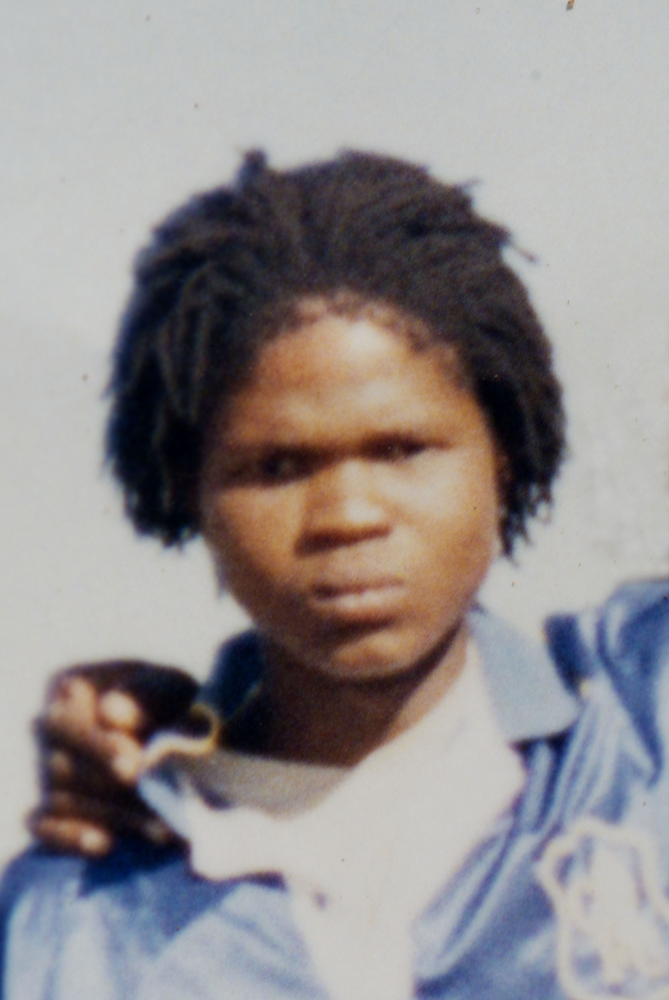
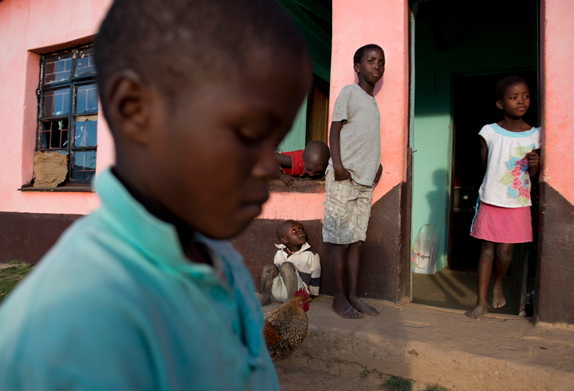
Daily survival is a struggle that has not been ameliorated by her brother having been dismissed from Lonmin in May 2011. This means the mining company will not pay the education costs of the six children who depended on the remittance that had until August 2012 been coming from his work as a mechanic in Marikana.
Family feuds have also created instability. Xolelwa says her brother, Siyabulela (Wanda’s father), does not contribute to the upkeep of the household but, as the eldest son, wants to claim the family home. Other siblings “just work for themselves” and contribute little to the family budget, she says. Thabile had provided both financial and emotional succour in the face of the relentless problems. Now she feels the noose is constantly tightening around her neck.Thabile was a strapping, dreadlocked 26-year-old. A “problem-solver” for both his family and his community, he was quietly spoken, but popular with the ladies, according to his friends and sister. He played left back or left wing-back for Fighters FC, the local team, where his nickname was Skapie Malatsi, after the former Kaizer Chiefs player.
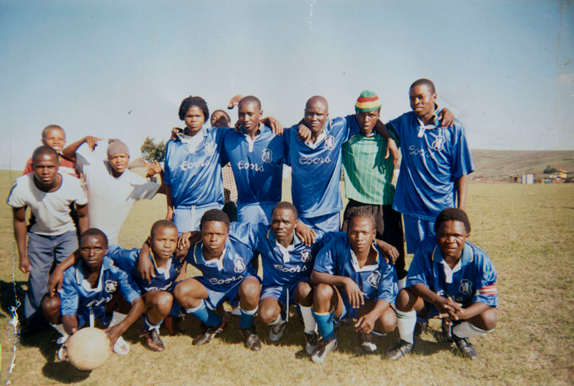
Sibusiso Mpumza, Thabile’s friend and Fighters FC team manager, said he bought football kit and balls for the team when he was working at Lonmin. Quiet off the field, Thabile was, according to Sibusiso, robust and physical on it. “A bit like [former Nigerian defender] Taribo West, except that he hated taking penalties. Whenever there was a shoot-out, the crowd would chant his name: ‘Skapie! Skapie! Skapie!’. He was very popular around here,” says Sibusiso.
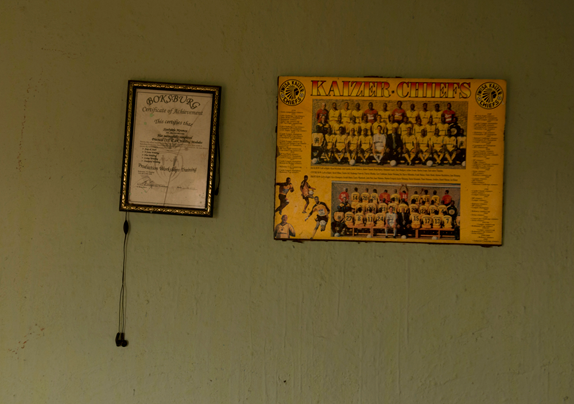
“When I told the guys that Thabile was gone, they asked: ‘What do you mean, coach? What do you mean?’ Everybody felt the pain and the young ones took it especially badly. It was a mess, a serious mess.”
Siminikiwe Mgalo, a friend and teammate of Thabile since childhood, says he had a telepathic understanding with him on Fighters FC’s left flank.
“There is a saying that men don’t cry, but when I heard the news that Thabile had died I felt tears running down my cheeks,” he says. “I couldn’t stop the tears and I didn’t eat that day.” Holding a Fighters FC team photograph, Siminikiwe says he was too emotional to speak at Thabilo’s umlendelo, the all-night ceremony before a Xhosa funeral, when the congregation sings and speakers remember the dead person.
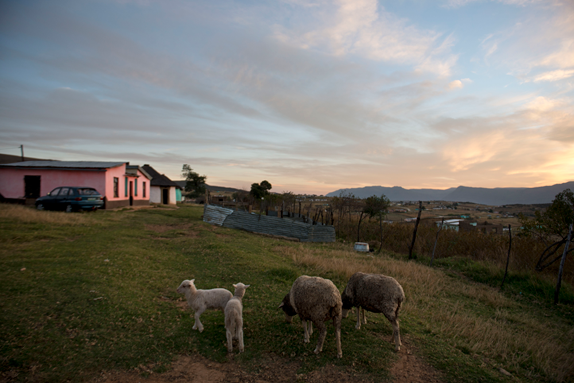
“My heart was willing to say a lot of good things about Thabile — he was the father in this house, who went to the mines very young, because he felt he had to support his family when his parents died — but I couldn’t,” he says. “I feel more pain now. I look at this photo a lot, when I want to remember him.”
Both Siminikiwe and Sibusiso blame the police for their friend’s death. They say it is a common feeling in the community, especially among the young men here, who “retain anger” for the police when they patrol the area.
Comparing the Marikana massacre with killings under apartheid, Sibusiso says: “I didn’t think it would happen again, it surprised everyone. We are free, we didn’t think it would happen again — for the police to shoot workers like that.”
As Xolelwa frets about supper for six hungry mouths — save for a few cans of soft drink and some yoghurt, her fridge is empty — she remarks that neither the government nor its long-running commission seems to care very much for the families of those who died.
Yet she is steadfast — stooped, but not defeated. She observes, wryly, that she would have fitted in well on her brother’s team, Fighters FC.
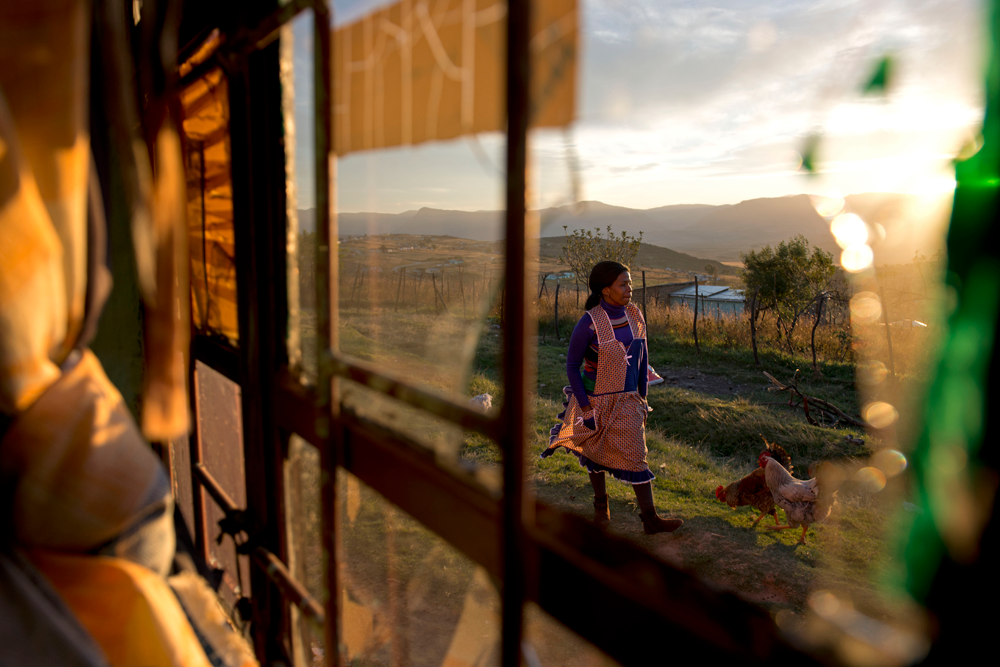
Leave a Reply
You must be logged in to post a comment.